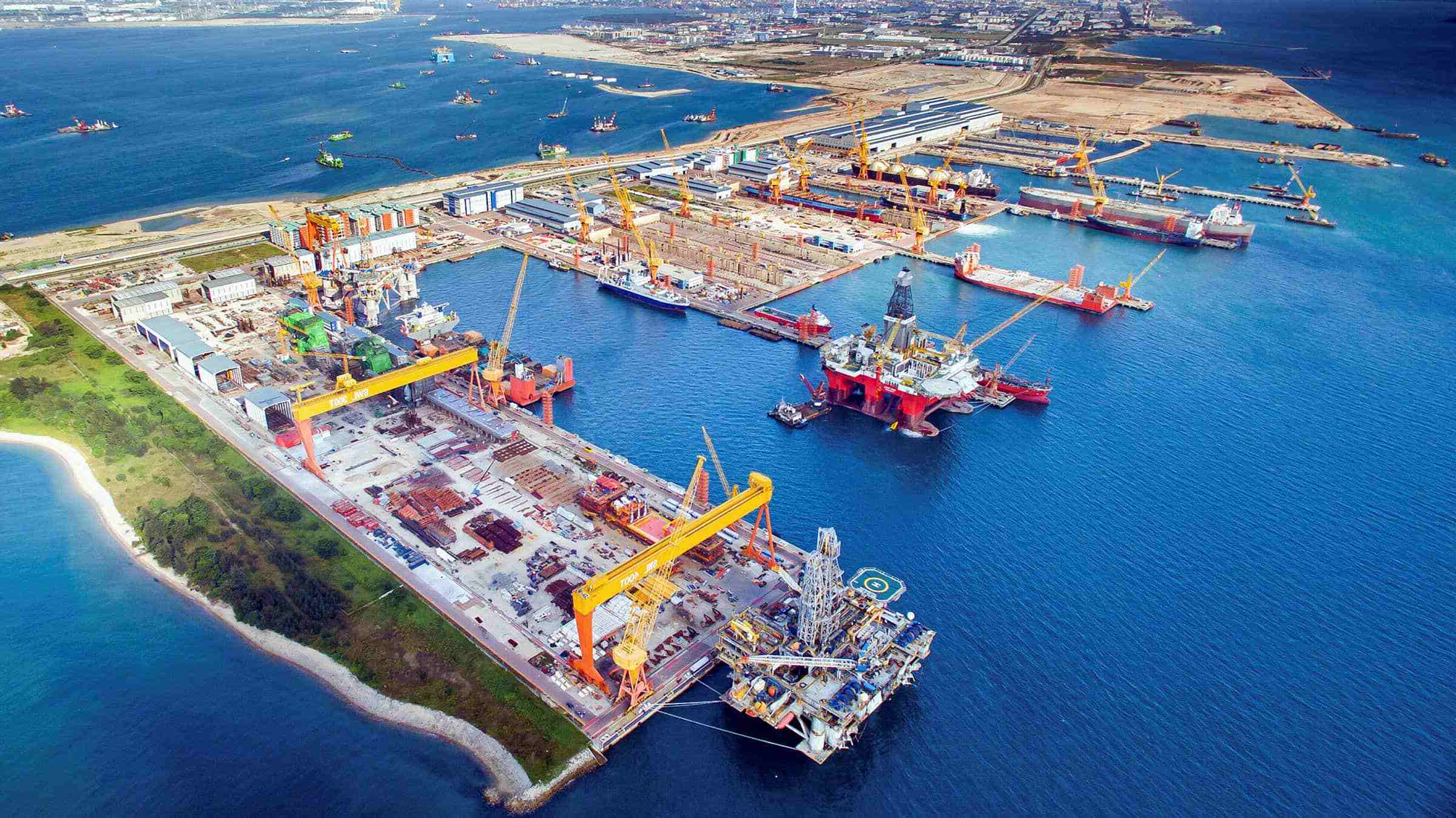
Djibouti might be small, but it's packed with fascinating details that make it unique. Nestled in the Horn of Africa, this country boasts a rich blend of cultures, languages, and landscapes. Ever wondered why it's called the "Gateway to Africa"? Or how it became a strategic military hub? From its stunning salt lakes to its bustling port city, Djibouti offers a mix of natural beauty and modern infrastructure. Whether you're curious about its history, geography, or quirky facts, there's always something new to learn. Ready to dive into 15 intriguing facts about Djibouti? Let's get started!
Key Takeaways:
- Djibouti, a small country in Africa, has a hot, arid climate and is home to Lake Assal, one of the saltiest bodies of water in the world.
- With a rich history and culture, Djibouti gained independence from France in 1977 and is known for its diverse wildlife and natural resources, including the unique Djibouti francolin bird.
Geography and Climate
Djibouti, a small country in the Horn of Africa, boasts a unique landscape and climate. Its strategic location and natural features make it an interesting place to learn about.
- Djibouti is bordered by Eritrea, Ethiopia, and Somalia, with the Red Sea and the Gulf of Aden to the east.
- The country covers an area of about 23,200 square kilometers, making it one of the smallest countries in Africa.
- Djibouti experiences a hot, arid climate with temperatures often exceeding 40°C (104°F) in the summer.
- Lake Assal, located in central Djibouti, is one of the saltiest bodies of water in the world, even saltier than the Dead Sea.
History and Culture
Djibouti's history is rich with influences from various civilizations and cultures. Its strategic location has made it a crossroads for trade and cultural exchange.
- Djibouti has been inhabited since the Neolithic period, with evidence of ancient rock art and tools found in the region.
- The country was part of the ancient Kingdom of Aksum and later the Sultanate of Adal.
- French Somaliland was established in the late 19th century, and Djibouti gained independence from France on June 27, 1977.
- The official languages are French and Arabic, but Somali and Afar are widely spoken by the local population.
Economy and Infrastructure
Despite its small size, Djibouti has a growing economy and significant infrastructure developments. Its strategic location plays a crucial role in its economic activities.
- Djibouti's economy relies heavily on its port, which serves as a major shipping hub for the region.
- The country is home to the Djibouti-Ambouli International Airport, which connects it to various international destinations.
- Djibouti is part of the East African Community and the Intergovernmental Authority on Development, promoting regional cooperation and trade.
- The Djibouti-Ethiopia Railway, a key infrastructure project, links Djibouti's port to Ethiopia's capital, Addis Ababa.
Wildlife and Natural Resources
Djibouti's diverse ecosystems support a variety of wildlife and natural resources. Its unique environment offers habitats for many species.
- The country is home to the Djibouti francolin, a bird species found only in Djibouti and parts of Somalia.
- Djibouti's marine life includes coral reefs, dolphins, and whale sharks, attracting divers and marine biologists.
- The Day Forest National Park, located in the Goda Mountains, is one of the few remaining forested areas in Djibouti and a haven for wildlife.
Final Glimpse at Djibouti
Djibouti, a small yet fascinating country, offers a blend of unique landscapes, rich culture, and strategic importance. From the stunning Lake Assal to the vibrant markets of Djibouti City, there's plenty to explore. The country’s geothermal activity and marine biodiversity make it a hotspot for adventurers and scientists alike. Its strategic location at the crossroads of Africa and the Middle East has made it a key player in global trade and military operations. Despite its small size, Djibouti boasts a diverse population and a melting pot of cultures. Whether you're interested in natural wonders, historical sites, or modern-day geopolitics, Djibouti has something to offer. So, next time you think about travel or study, consider this hidden gem. Djibouti’s unique charm and significant role in the world make it a place worth knowing.
Frequently Asked Questions
Was this page helpful?
Our commitment to delivering trustworthy and engaging content is at the heart of what we do. Each fact on our site is contributed by real users like you, bringing a wealth of diverse insights and information. To ensure the highest standards of accuracy and reliability, our dedicated editors meticulously review each submission. This process guarantees that the facts we share are not only fascinating but also credible. Trust in our commitment to quality and authenticity as you explore and learn with us.


